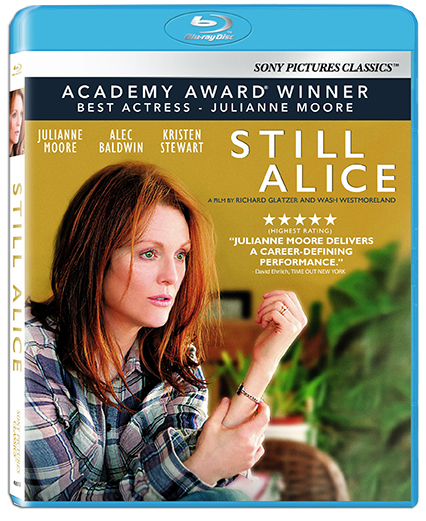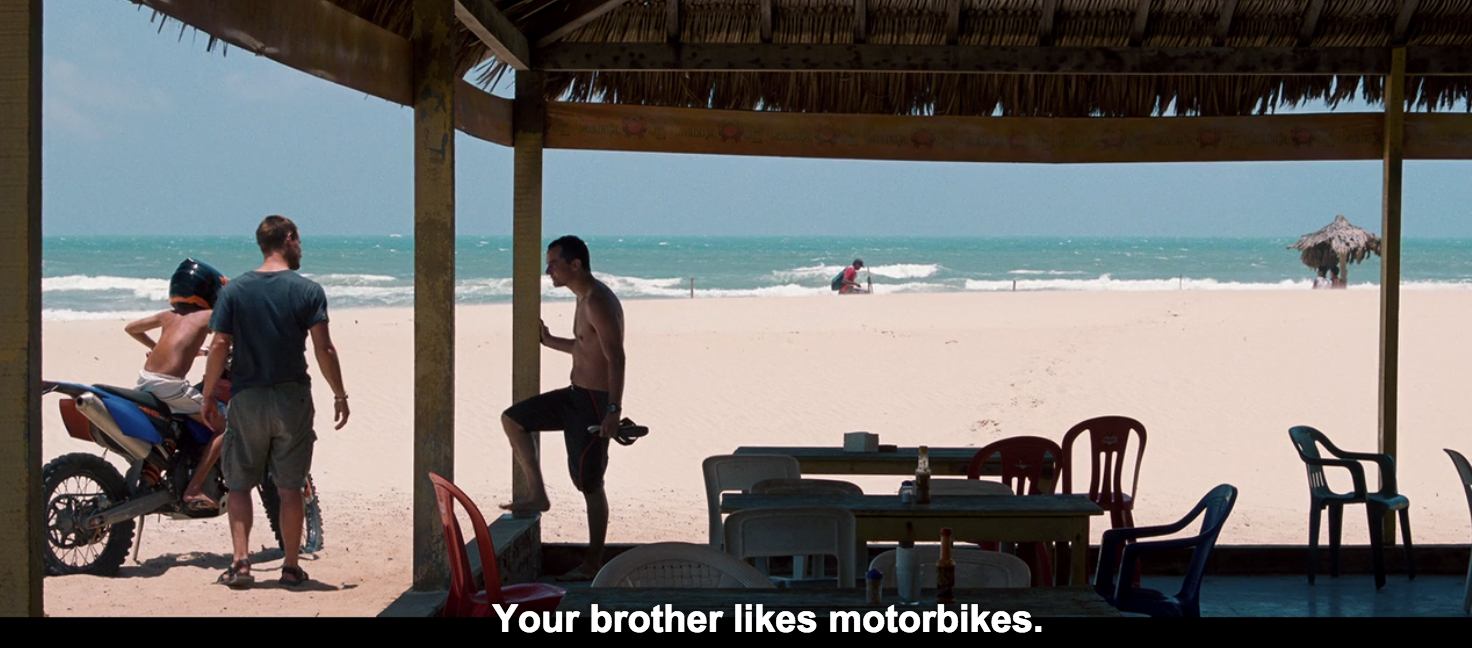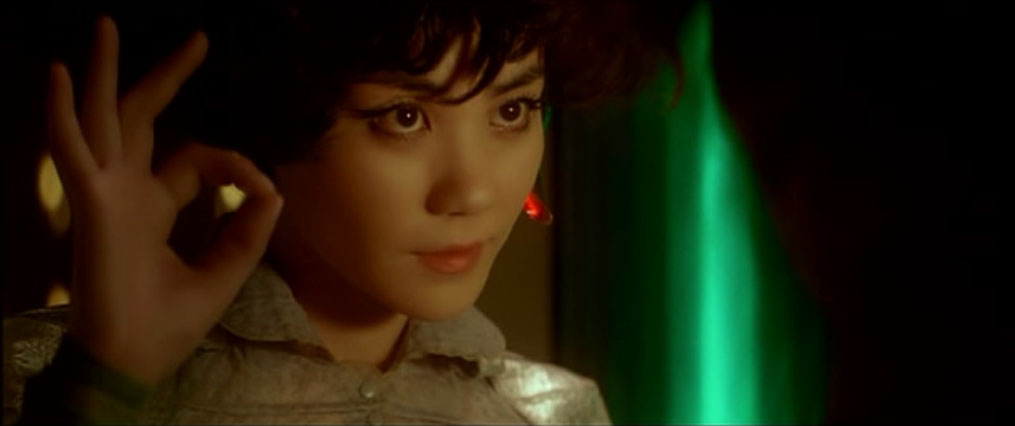Cannes: Then and (Right) Now
 Saturday, May 16, 2015 at 9:33AM
Saturday, May 16, 2015 at 9:33AM  Imperator Furiousa cleans up nice for CannesAs Cannes moves past that opening night international glamour, and into its heavy screenings opening weekend, there's a lot of reminiscing going around as well for those that aren't attending: Keyframe is looking at the 1985 festival -- which was heavily criticized for being too American -- to see what it tells us about the 2015 festival. And, of course, over at Nick's Flick Picks, Nick is looking back at 1995. He has corralled several critics to talk about and rewatch those films too, but that part hasn't been posted yet. Can't wait! But here's a little about what's been happening at the festival if you are, like 99.9% of the world including me, NOT in the South of France right about now, but wish to think about it intermittently.
Imperator Furiousa cleans up nice for CannesAs Cannes moves past that opening night international glamour, and into its heavy screenings opening weekend, there's a lot of reminiscing going around as well for those that aren't attending: Keyframe is looking at the 1985 festival -- which was heavily criticized for being too American -- to see what it tells us about the 2015 festival. And, of course, over at Nick's Flick Picks, Nick is looking back at 1995. He has corralled several critics to talk about and rewatch those films too, but that part hasn't been posted yet. Can't wait! But here's a little about what's been happening at the festival if you are, like 99.9% of the world including me, NOT in the South of France right about now, but wish to think about it intermittently.
Out of Competition
Mad Max Fury Road premiered at Cannes just as it was opening in theaters. That's a good excuse to get celebrities at your premiere and stay in a global conversation but, as good as the movie is -- and whoa it's thrilling (easily the best Mad Max film and the best action film since probably the last time James Cameron made anything) though I think maybe "the sistine chapel of action filmmaking" might be overstating it a little -- why go to a movie that's in theaters when you're at this kind of Best of World Cinema That Will Probably Never Make It to Really Big Screens Near You? Which is not to say that you shouldn't go. You absolutely should if you're not at Cannes. It's INSANE. And that is a high high compliment since most movies with insane premise play things so conservative in their mise en scene, you know? Michael's review will be up shortly and I'm sure I'll talk about it more too.

Woody Allen's PARKER POSEY: THE MOVIE... excuse me, Irrational Man, has also premiered as his movies do, Out of Competition. Our friend Tim Robey offered delicious shade in his review:
The word “murder” arrives in the script the second Kant, and his theories of human reason, pop up at the start. Like the superb Crimes and Misdemeanors, and also like Match Point, this contains a killing...
But honestly, I don't care if it's another mediocre effort from Allen. I'm so excited that Parker Posey got a big part again in a movie that people will actually see. And I love that she totally stole the show at the events with her incognito wacky glamour.
Supposedly Inside Out, another mainstream English-language film premiering there, is also a return to form of sorts for Pixar, but pardon me if I take this Oscar buzz with just a giant lick of salt - I think the days of Pixar (and maybe animation in general) being up for Best Picture are over. Those kinds of runs don't last forever and once people stop thinking of you in that light, it can be hard to return.
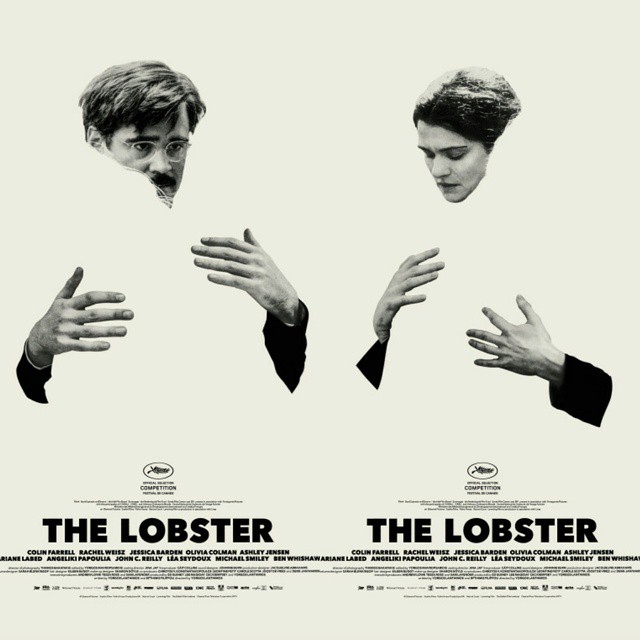 "The Lobster" character posters
"The Lobster" character posters
Competition Buzz
Gus Van Sant, who has won big at the festival before, won't be repeating. His latest, Sea of Trees, which stars Matthew McConaughey as a suicidal man visiting Japan, was not well received. That's putting it lightly if you just skim the THR or Variety reviews. I'm choosing not to read or even skim reviews on The Lobster, but from what I've heard your guess is as good as mine to what it actually is and if it's great at being whatever that is. Our Little Sister, a Japanese family drama has been warmly received for being touching without being sentimental and Sony Pictures Classics will distribute in the US.
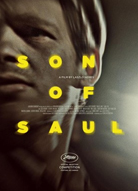 The buzziest title thus far is the Hungarian Holocaust drama Son of Saul. It's winning very generous reviews and it's also a debut feature which means that even if the competition jury surprises by stiffing it -- every year the press acts like they know what the jury will do and it never works out that way -- it could still win the Camera D'Or (which has a separate jury, just for debut films). Now we have to wonder if those titles will be the Oscar picks for Japan or Hungary. I'm going to assume yes on the latter so I've updated the Foreign Film wild guesswork on the Prediction Charts.
The buzziest title thus far is the Hungarian Holocaust drama Son of Saul. It's winning very generous reviews and it's also a debut feature which means that even if the competition jury surprises by stiffing it -- every year the press acts like they know what the jury will do and it never works out that way -- it could still win the Camera D'Or (which has a separate jury, just for debut films). Now we have to wonder if those titles will be the Oscar picks for Japan or Hungary. I'm going to assume yes on the latter so I've updated the Foreign Film wild guesswork on the Prediction Charts.
Finally...
Yes, we will have another fashion lineup soon. But for now please accept our vote for the worst person in Cannes this year: Russian celebrity Elena Lenina. This is a film festival. Imagine sitting behind her at any of these premieres. Her 'do is suddenly your protagonist, whether its a Holocaust tragedy, a Woody Allen dramedy, or an insane action flick. Screw the narrative.

True confession: Even when I see a person with high hair completely outside of movie scenarios like, say, on the street or in a talking head box on the news or several tables away at a restaurant my first thought is always 'oh god, please don't sit in front of me at the movies!'.
Be considerate of the comfort of your fellow moviegoers, readers -- shave your head!



